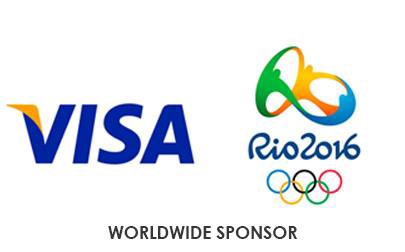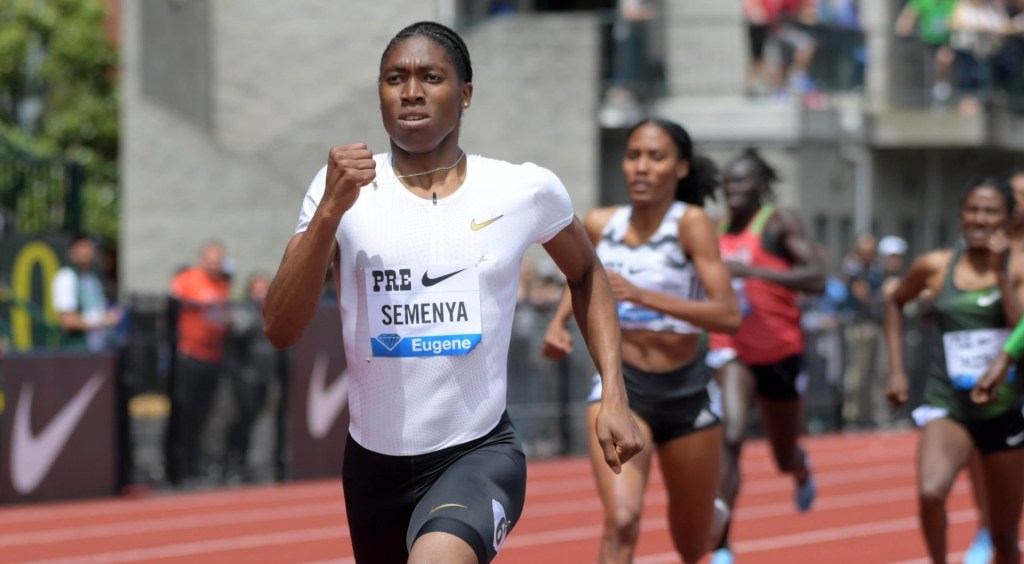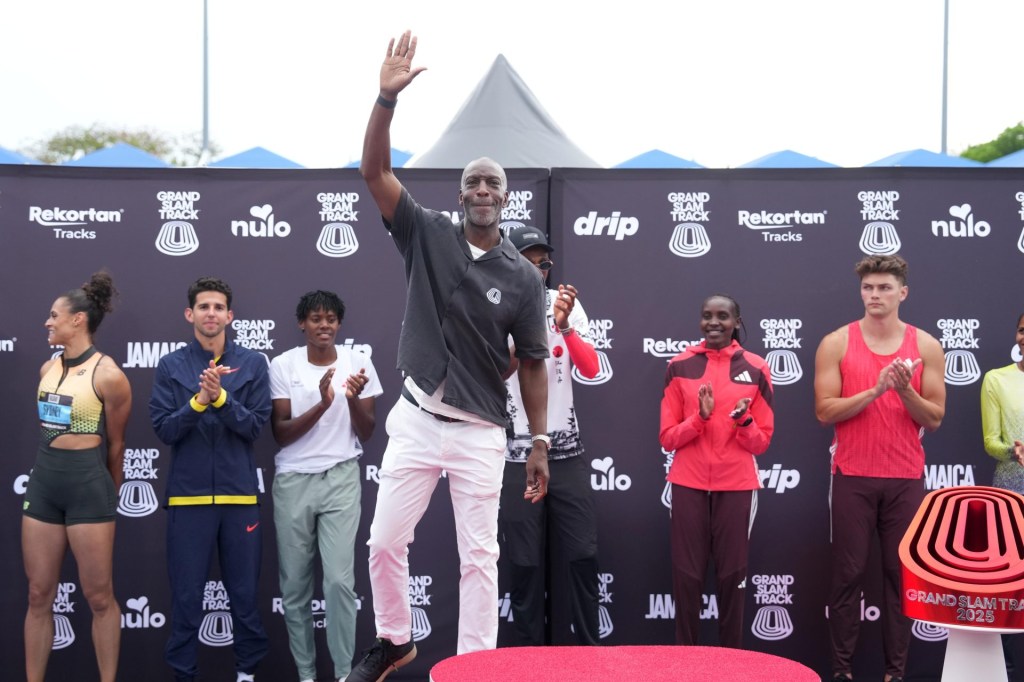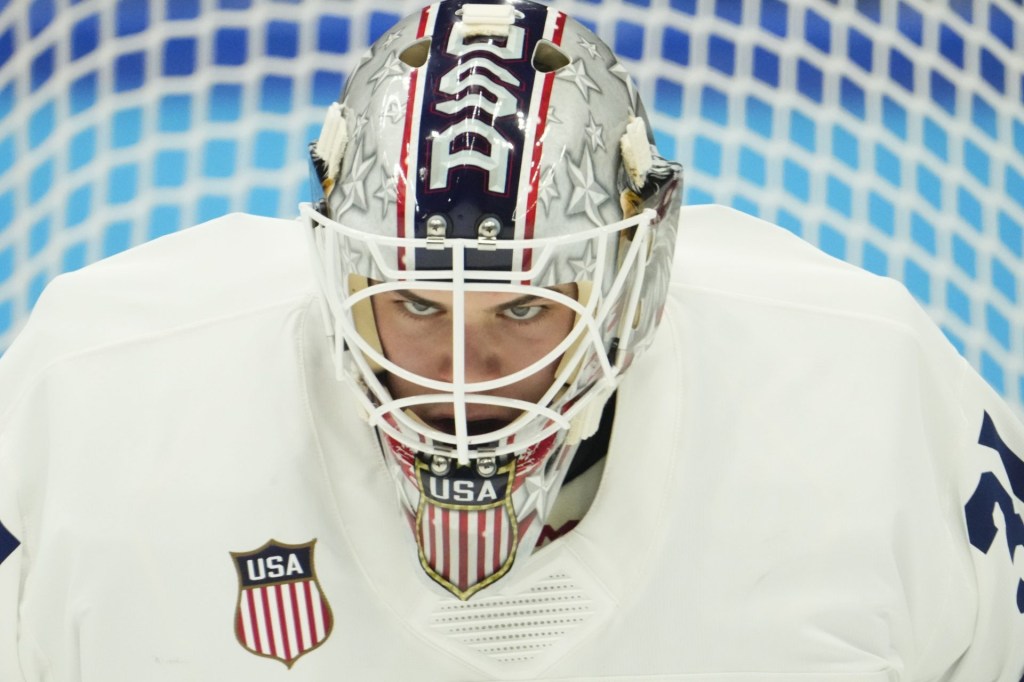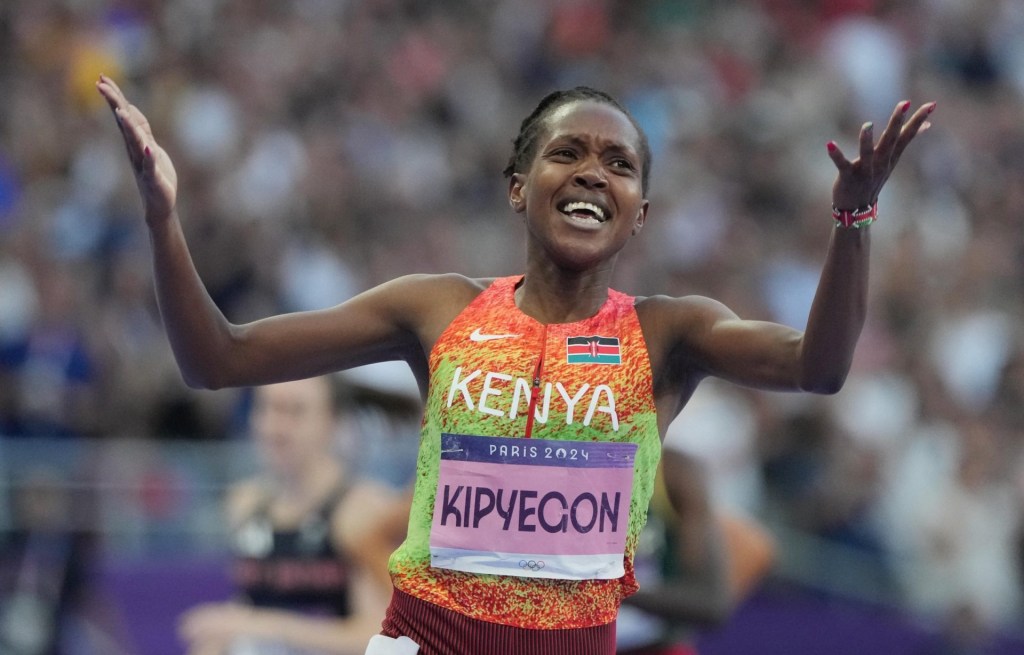By: Zach Seybert, @zlseybert

With the 2016 Olympics in Rio De Janeiro, Brazil kicking off on August 5, a number of athletes have decided to pass on the opportunity to compete due to injuries, the Zika virus or security concerns. These athletes include global names such as Steph Curry and LeBron James, the world’s top four ranked golfers (Jason Day, Dustin Johnson, Jordan Spieth and Rory McIlroy), and tennis star Roger Federer (Switzerland), who announced that he will not be competing for the rest of 2016 due to a knee injury, among others. For a list of notable athletes skipping the Olympics see graphic below.

Something that has not gotten much media attention due to the overshadowing of these high profile athletes not participating is the creation of the inaugural refugee team competing in next month’s Olympics.
The International Olympic Committee (IOC) introduced this team to draw global attention to the plight of refugees. On July 20, the world’s largest payments network, Visa Inc., announced that it had signed sponsorship with each of the team’s 10 athletes, becoming the first corporate sponsor. This partnership encompasses the global nature of the Olympics and is fitting given that the team will be competing as world representatives.
The team is made of up six men and four women, who will compete in swimming, judo and athletics events and will march in the opening ceremony carrying the Olympic flag just before the host country of Brazil. They were named to the Refugee Olympic Team (ROT) by the Executive Board of the IOC. All of the athletes are required to have official refugee status as granted by the United Nations. For more information on official refugee status, click here for the United Nations designation.

Visa’s Chief Marketing Innovation and Brand Officer, Chris Curtin, said this sponsorship ties into the concept of acceptance which is one of the main messages behind the company’s Olympic campaign. The company can use the refugee team in their marketing campaigns, per the IOC’s approval.
This deal with the inaugural refugee team comes after Visa had previously announced a sponsorship deal with Syrian refugee and elite swimmer, Yusra Mardini, who, with her sister, swam for more than three hours in the open sea to get to Greece after her small boat capsized. Additionally, she helped more than a dozen people who could not swim reach the shore.

As part of the IOC’s pledge to aid potential athletes affected by the worldwide refugee crisis, National Olympic Committee’s (NOCs) from around the world were asked to support and identify with members of the ROT for the 2016 Games. With this support, the athletes could receive funding from Olympic Solidarity to assist with their preparations and qualification efforts. Olympic Solidarity was founded in 1961 and, according to Olympics.org, “is the body responsible for managing and administering the share of television rights of the Olympic Games that is allocated to the NOCs.” Rule 5 of the Olympic Charter says, “The aim of Olympic Solidarity is to organise assistante to NOCs, in particular those which have the greatest need of it. The assistance takes the form of programmes elaborated jointly by the IOC and the NOCs, with the technical assistance of the IFs (international sports federations), if necessary.”
In addition to the Refugee Olympic Team, Visa is working with 60 Olympians and Paralympians leading up to the games in Rio, including US athletes Missy Franklin, Kerri Walsh Jennings and Ashton Eaton.
In a way, not only has Visa become the team’s first corporate sponsor, but the various NOCs that are supporting the athletes have also become sponsors for the inaugural Refugee Olympic Team. Regardless of their performance over the roughly two weeks of competition, this team is raising awareness on a global scale while paving the way for future refugees to compete in sports.
